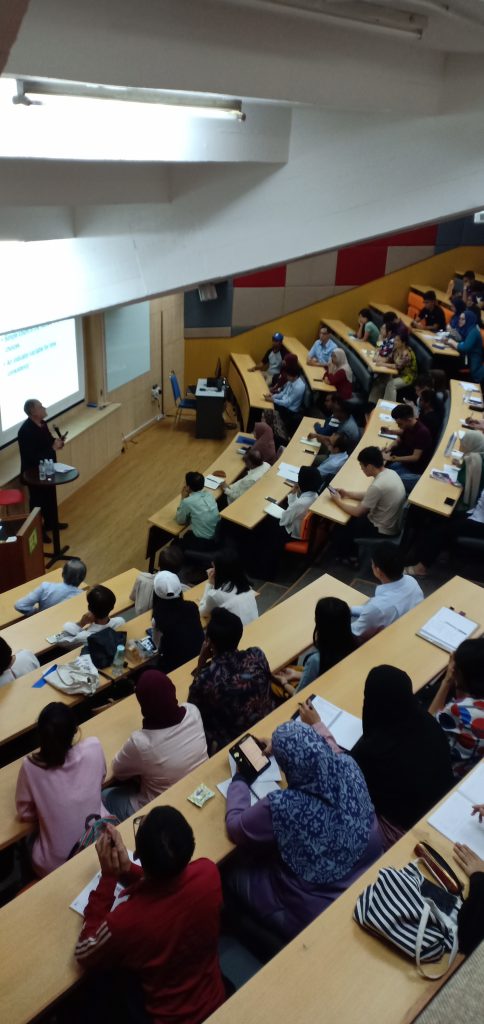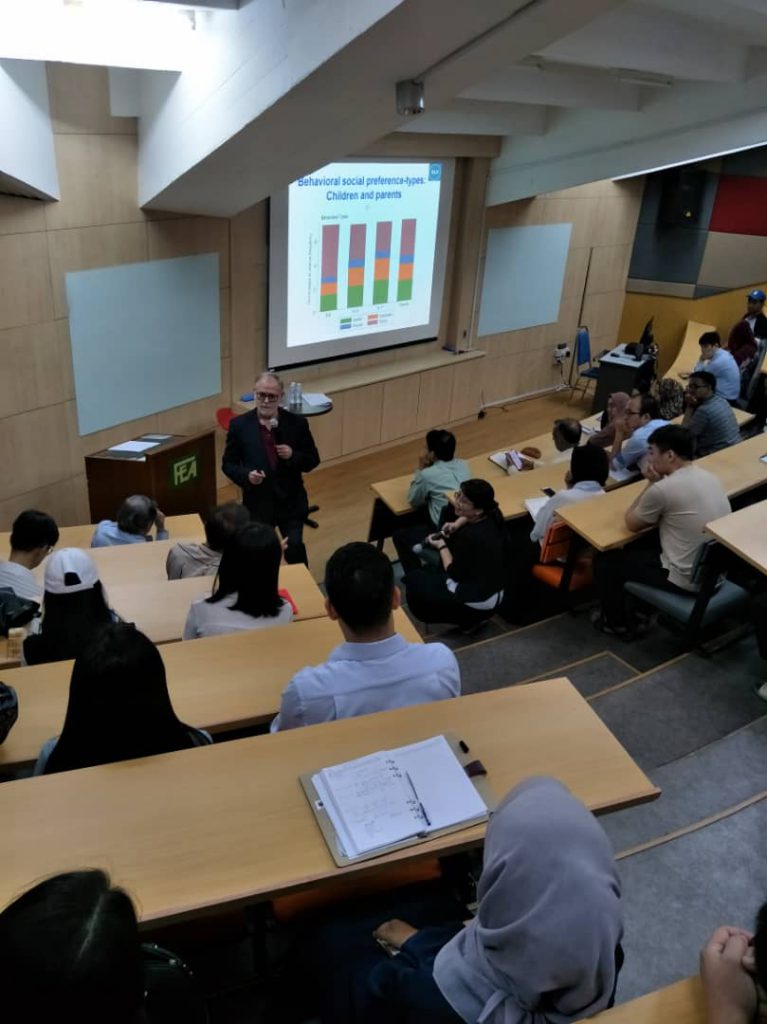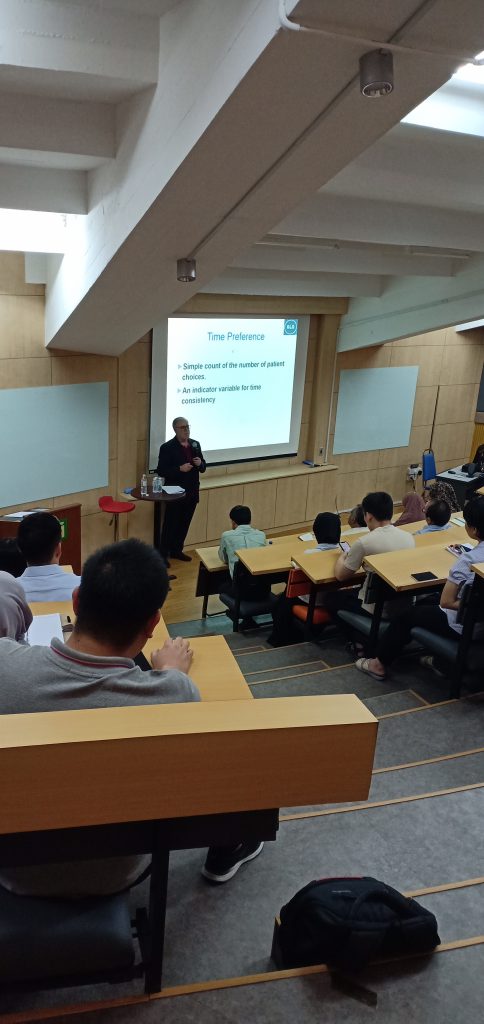March 14, 2019: Kuala Lumpur, Malaysia. University of Malaya (UM). Joint UM – World Bank Research Seminar with GLO President and UM Visiting Professor Klaus F. Zimmermann on “Economic Preferences Across Generations“. About 90 registered participants. The presentations was followed by a long, interested and intense discussion followed by joint lunch of some core participants of the World Bank and the UM Faculty.
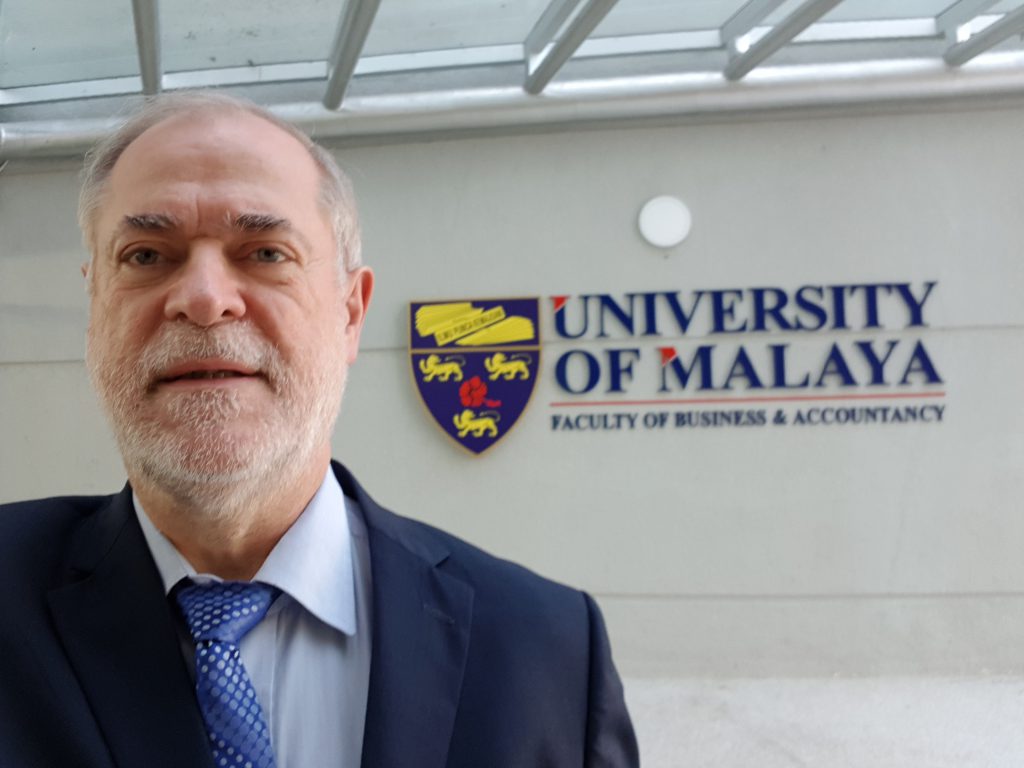
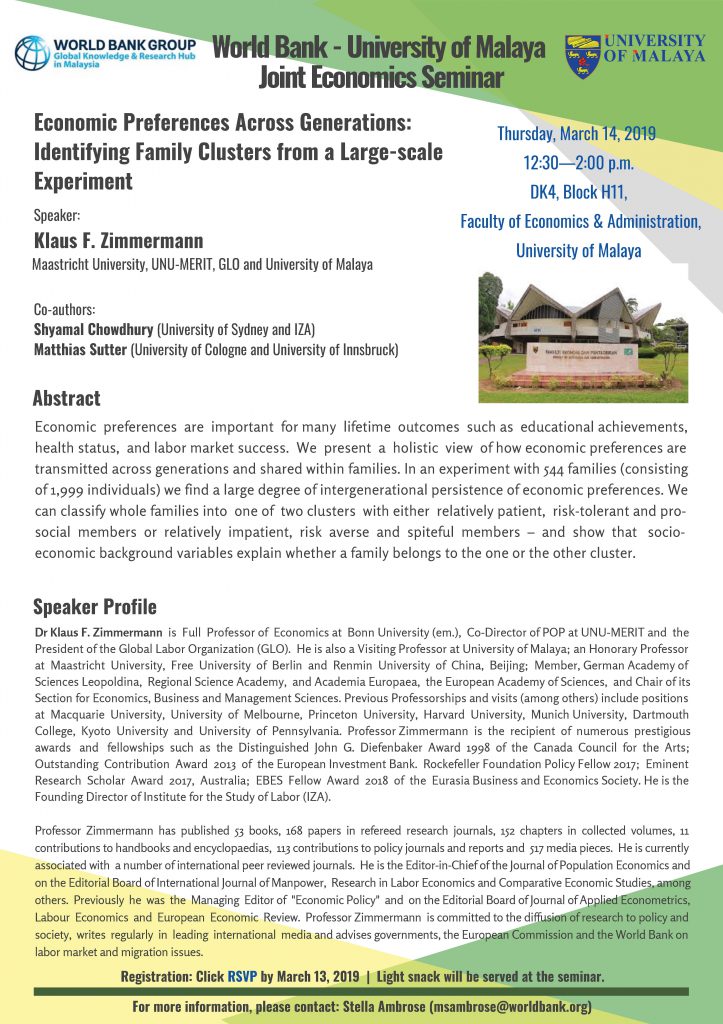
Extended abstract of “Economic preferences across generations: Identifying family clusters from a large-scale experiment”. Economic preferences – like time, risk and social preferences – have been shown to be very influential for real-life outcomes, such as educational achievements, labor market outcomes, or health status. The paper contributes to the recent literature that has examined how and when economic preferences are formed, putting particular emphasis on the role of intergenerational transmission of economic preferences within families in Bangladesh. The paper is the first to run incentivized experiments with fathers and mothers and their children by drawing on a unique dataset of 1,999 members of Bangladeshi families, including 911 children, aged 6-17 years, and 544 pairs of mothers and fathers. It finds a large degree of intergenerational persistence as the economic preferences of mothers and fathers are significantly positively related to their children’s economic preferences. Importantly, it finds that socio-economic status of a family has no explanatory power as soon as we control for parents’ economic preferences. A series of robustness checks deals with the role of older siblings, the similarity of parental preferences, and the average preferences within a child’s village. One can also classify whole families into one of two clusters with either relatively patient, risk-tolerant and pro-social members or relatively impatient, risk averse and spiteful members – and show that socio-economic background variables can explain whether a family belongs to the one or the other cluster. The presented paper is a substantial revision of GLO Discussion Paper No. 183 and available on request.
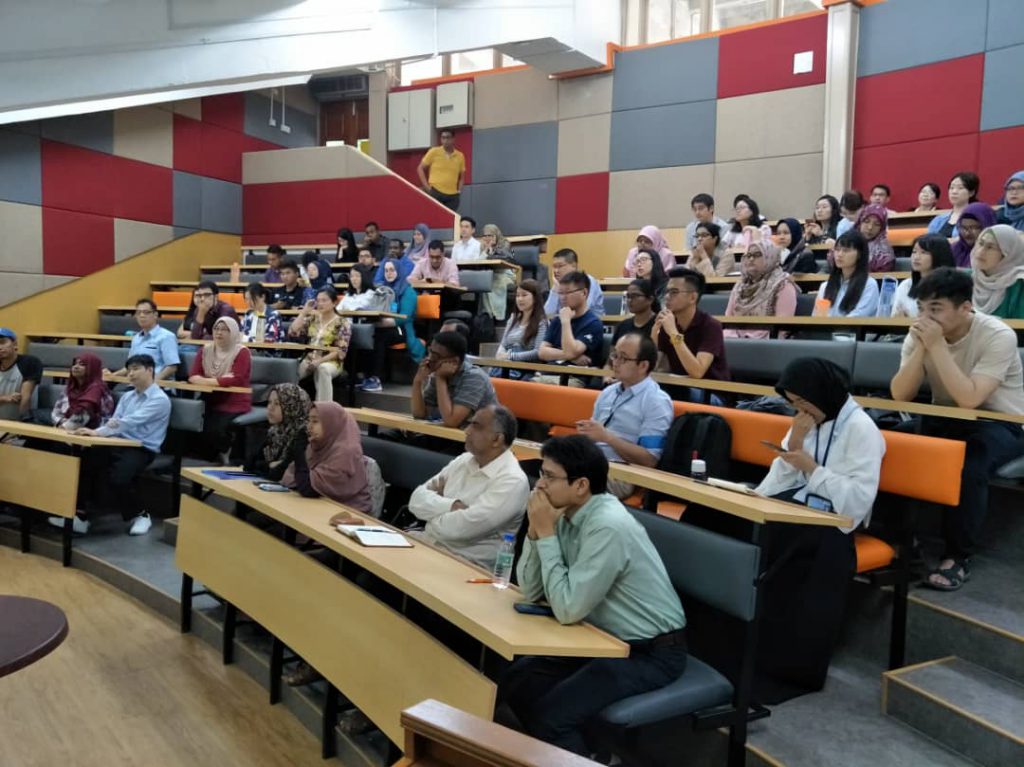
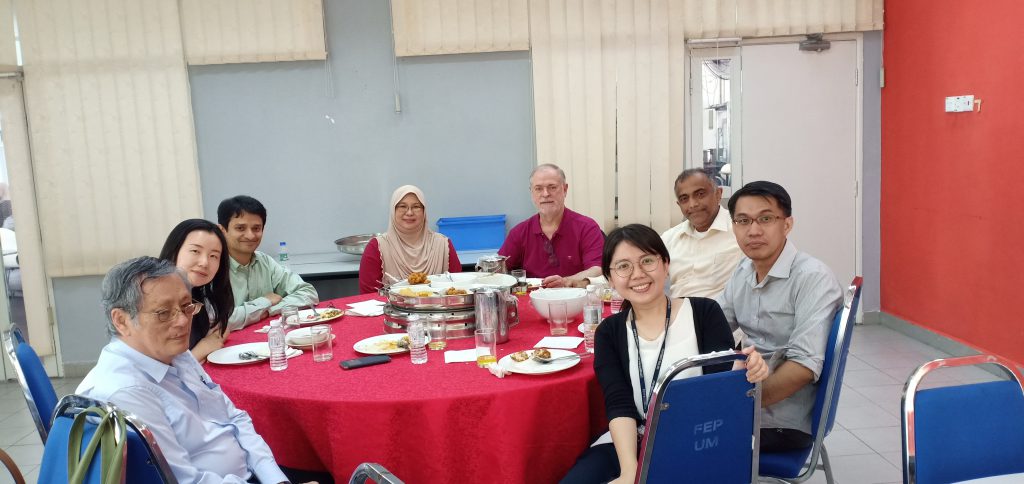
Ends;

